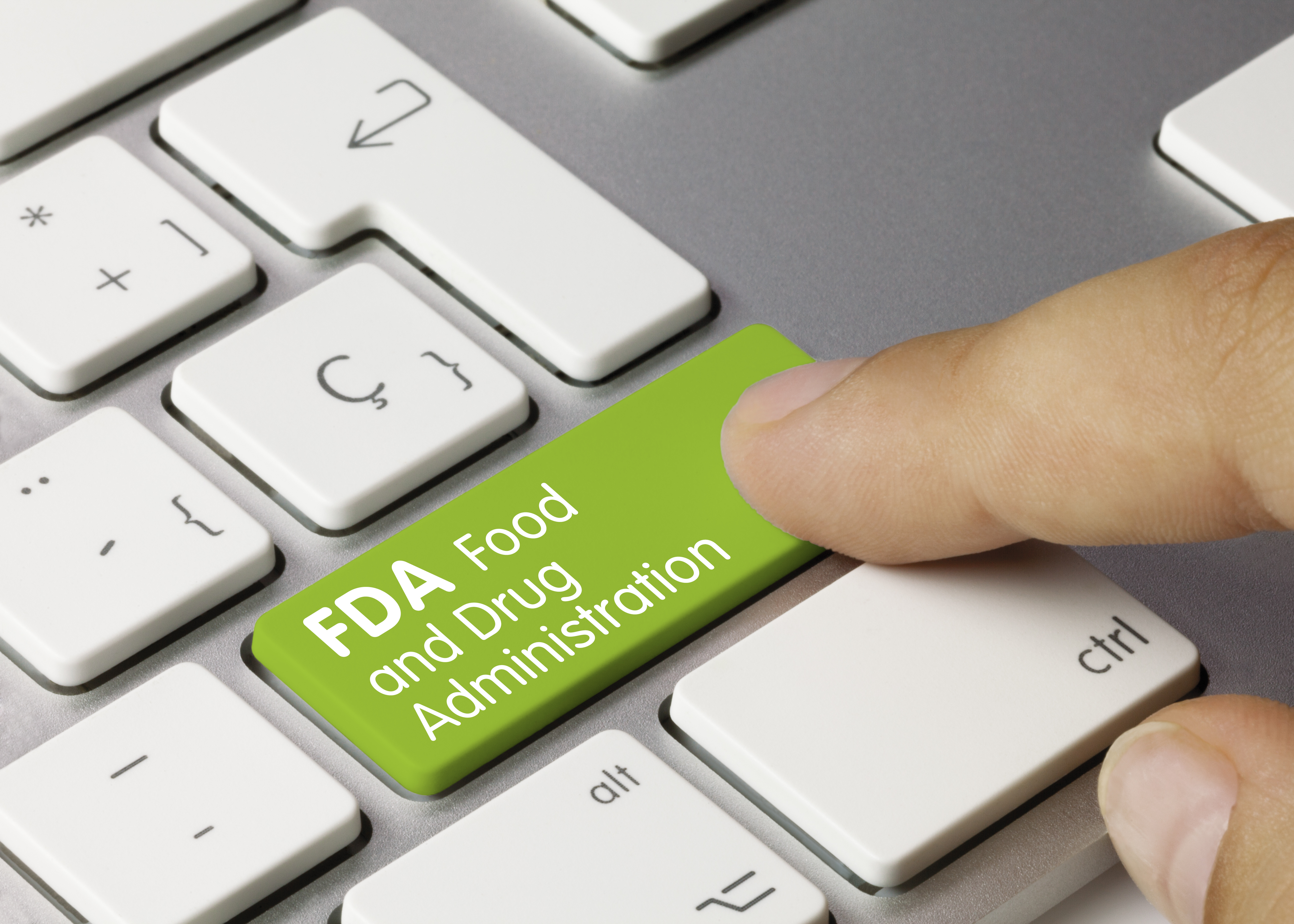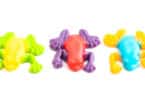There’s been a great deal of confusion surrounding the sale of certain CBD products such as food, supplements, and hygiene products. It’s time to provide some much needed clarity.
Numerous CBD products are still under FDA (Food and Drug Administration) authority. These include cosmetics, food, dietary supplements, pet products, and many others. For months now, industry stakeholders have been trying to figure out the full scope of the FDA’s authority and how they can market these products legally. Day by day, the topic seems to become infinitely more complicated. Now retired commissioner Scott Gottlieb has made multiple statements regarding the legality of selling these products, but the subject remains murky.
What about the Farm Bill?

FDA Building 31 – Office of the Commissioner and the Office of Regulatory Department of Health and Human Services.
Last December, congress passed the 2018 Farm Bill which removed hemp – a category of cannabis containing no more than 0.3% THC content) from the controlled substances act. However, congress made it very clear that the FDA will maintain their current authority to regulate any cannabis containing products if they fall under the categories of the Federal Food, Drug, and Cosmetics Act (FD&C Act) and section 351 of the Public Health Service Act.
For more information on CBD regulations and other important news, make sure to subscribe to our Weekly Newsletter, the top source for all things cannabis-related.
What this means is that all products in the above categories, cannot make any specific health claims unless they are backed by the FDA. This constitutes possible years of research, clinical trials, and various forms of data. On average, the FDA approval process takes around two and a half years and is said to be a costly endeavor, although exact numbers are difficult to find and vary greatly depending on the product being developed.
Now here’s where things get even more convoluted. To sell CBD products with specific therapeutic benefits, they need to be approved by the FDA for their intended purpose, but because cannabis is still federally illegal, there are very few clinical trials being conducted in the United States. So far, a medication called Epidiolex – an oral solution used to treat certain severe forms of epilepsy – is the only CBD product that has been FDA approved.
What happens now?
The FDA is considering a few different actions to work with people in creating fair and appropriate regulatory framework for the CBD industry. For starters, there will be a public hearing on May 31st where stakeholders will be able to share their knowledge and experiences relating to product safety. They will also be forming an “internal agency working group” that will focus specifically on this topic.
Let’s quickly review some main points:
- If you’re selling products that can be categorized as food, dietary supplements, pet products, or cosmetics – whether there’s CBD in them or not – you are liable to FDA oversight.
- If you make a medical claim about your product (i.e. – “this joint cream can cure your arthritis”, or “these supplements can rid you of cancer”) and the statement cannot be 100% percent backed by the FDA, it’s quite possible you will end up getting a warning letter followed by further action if you don’t cease and desist.
So, what’s one to do? My personal opinion – and take it with a grain of salt because FDA regulations are quite complicated – is that if you label your products with something like “recreational”, “take at your own risk”, “this product has not been FDA approved”, etc., that might be the loophole to keep you out of the FDA’s line of fire. Remember, when it comes to the cannabis industry, it’s always best to err on the side of caution.







